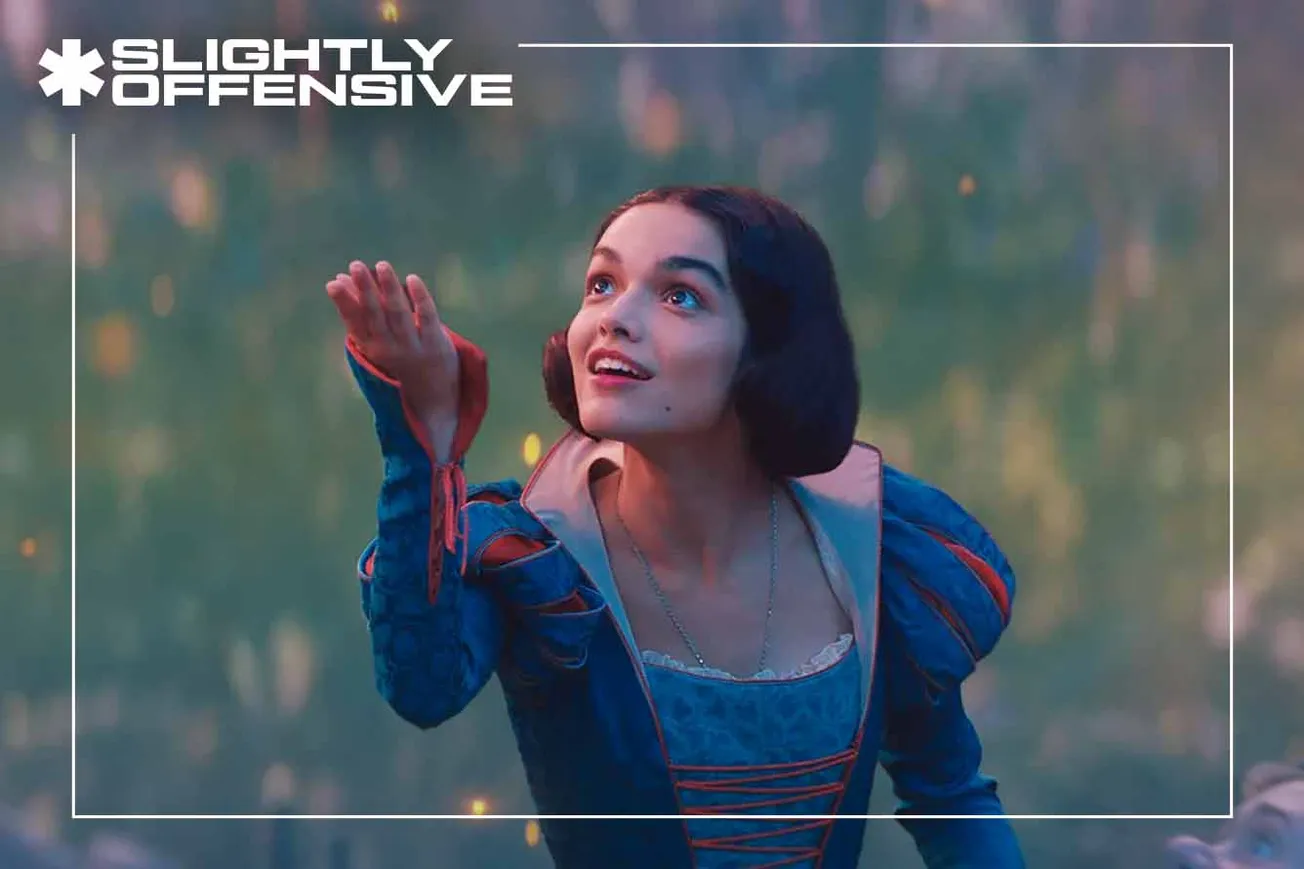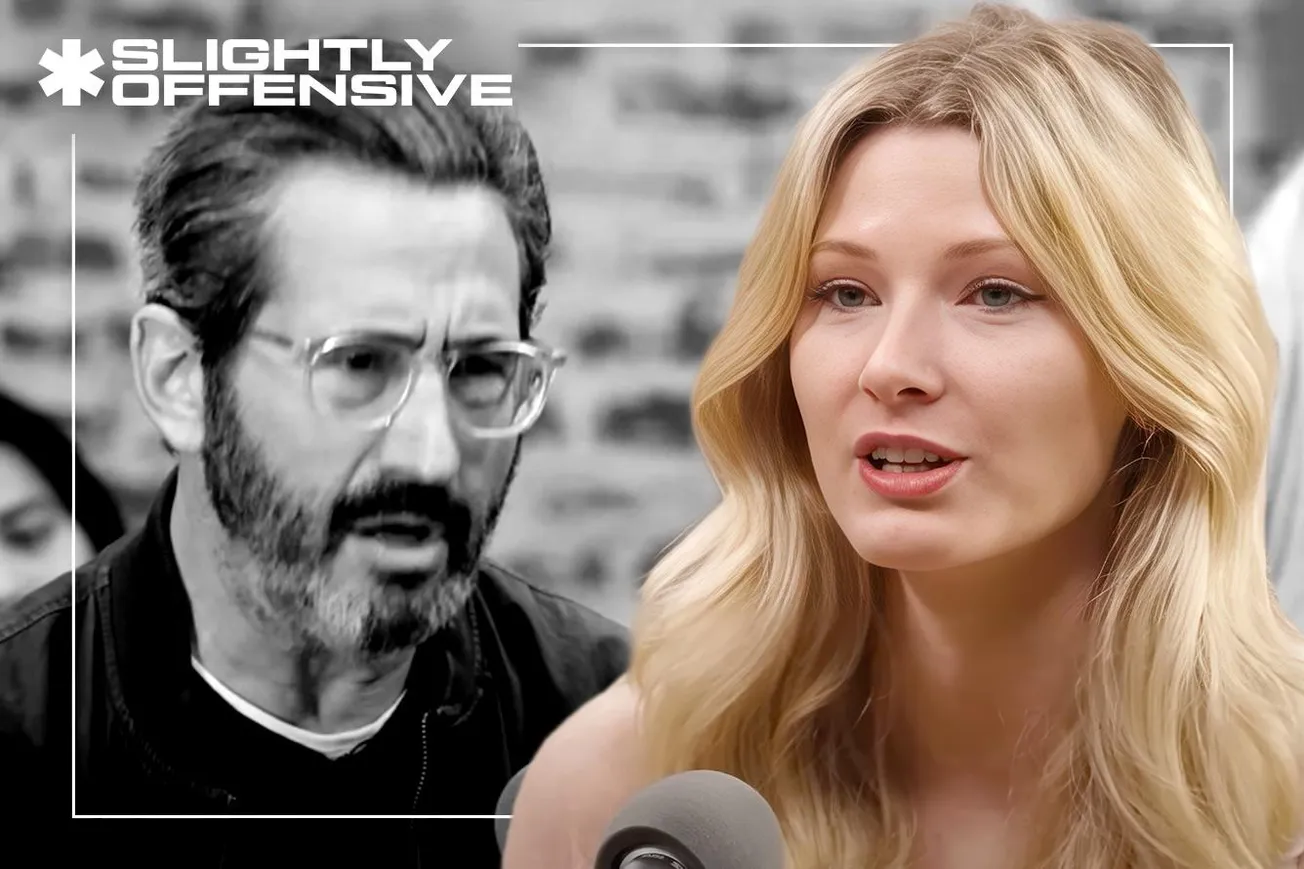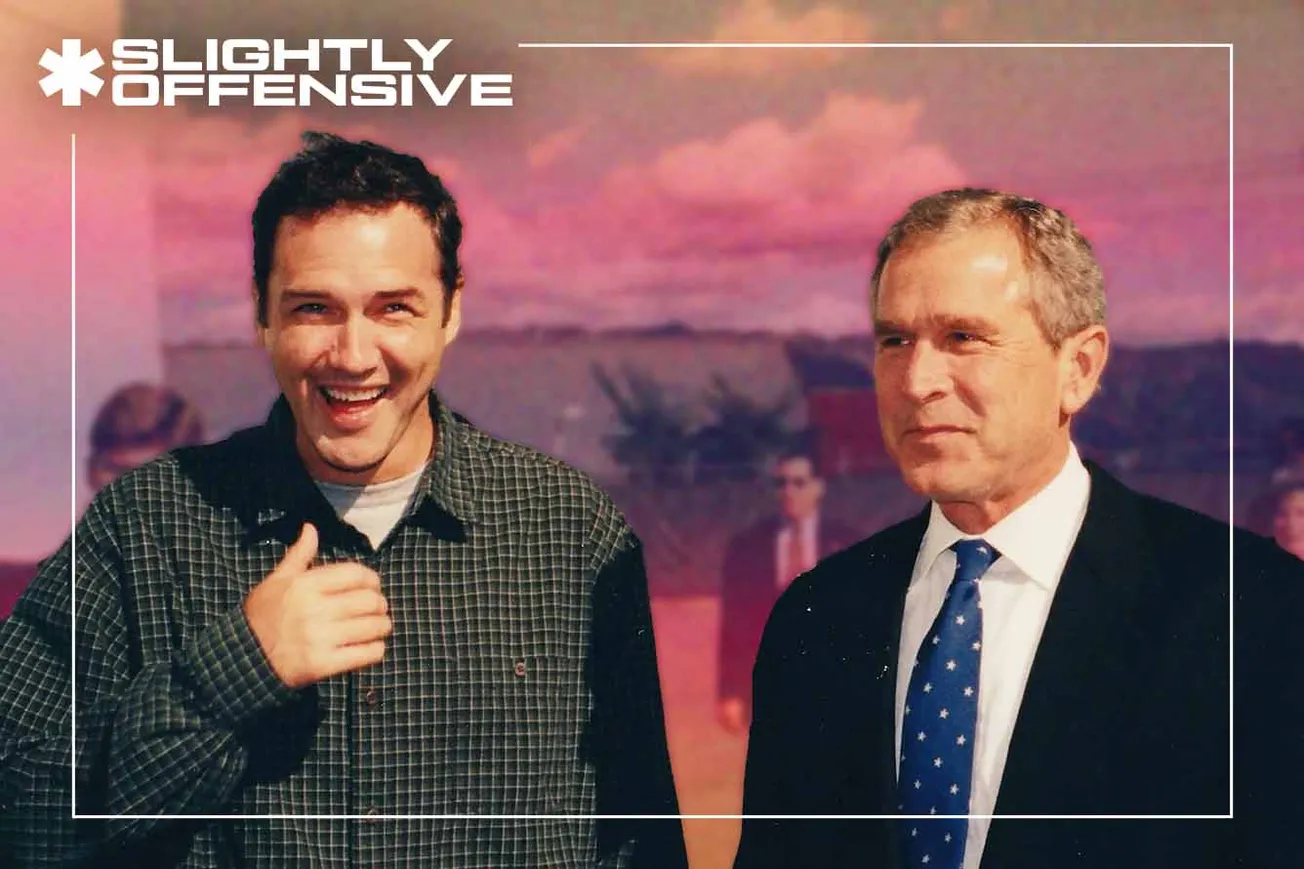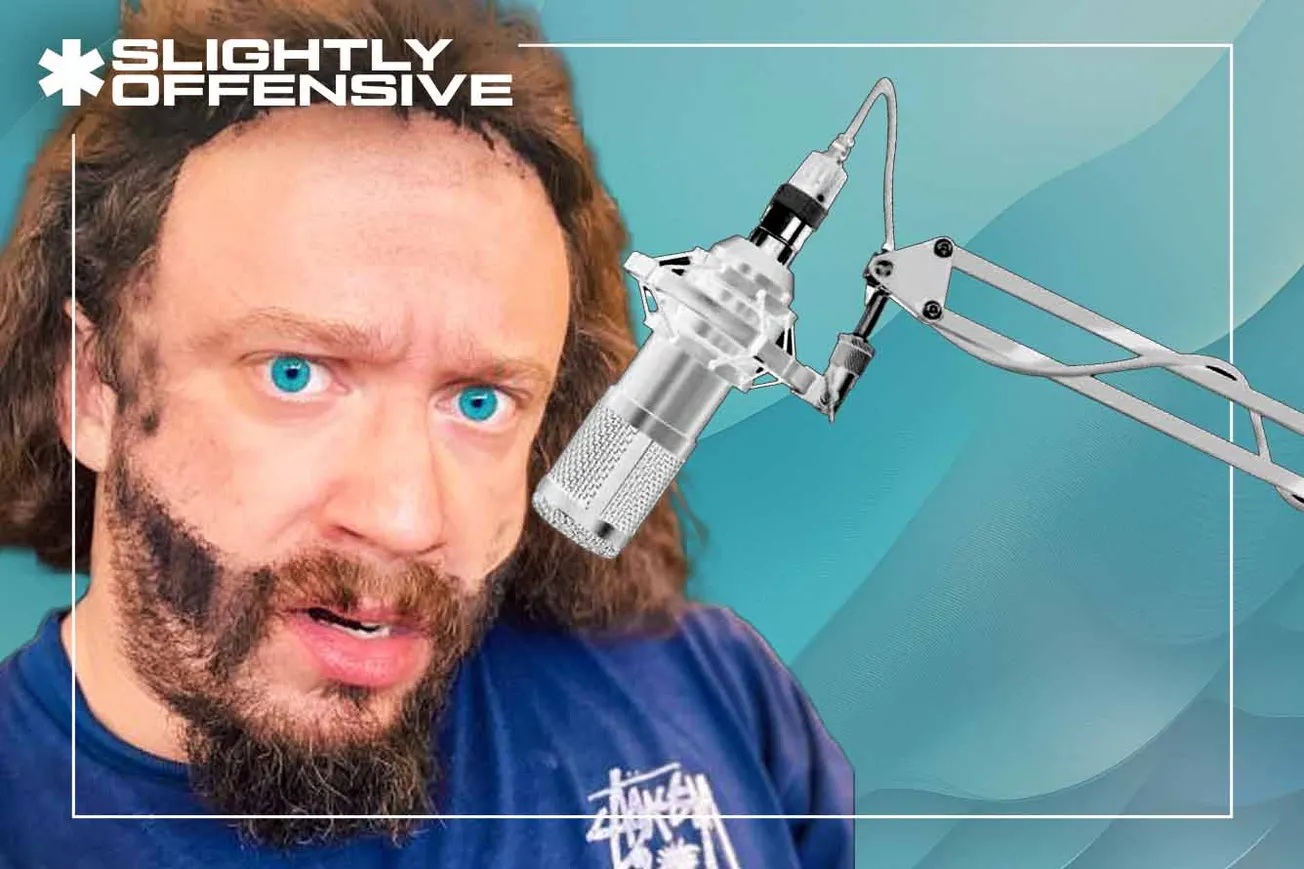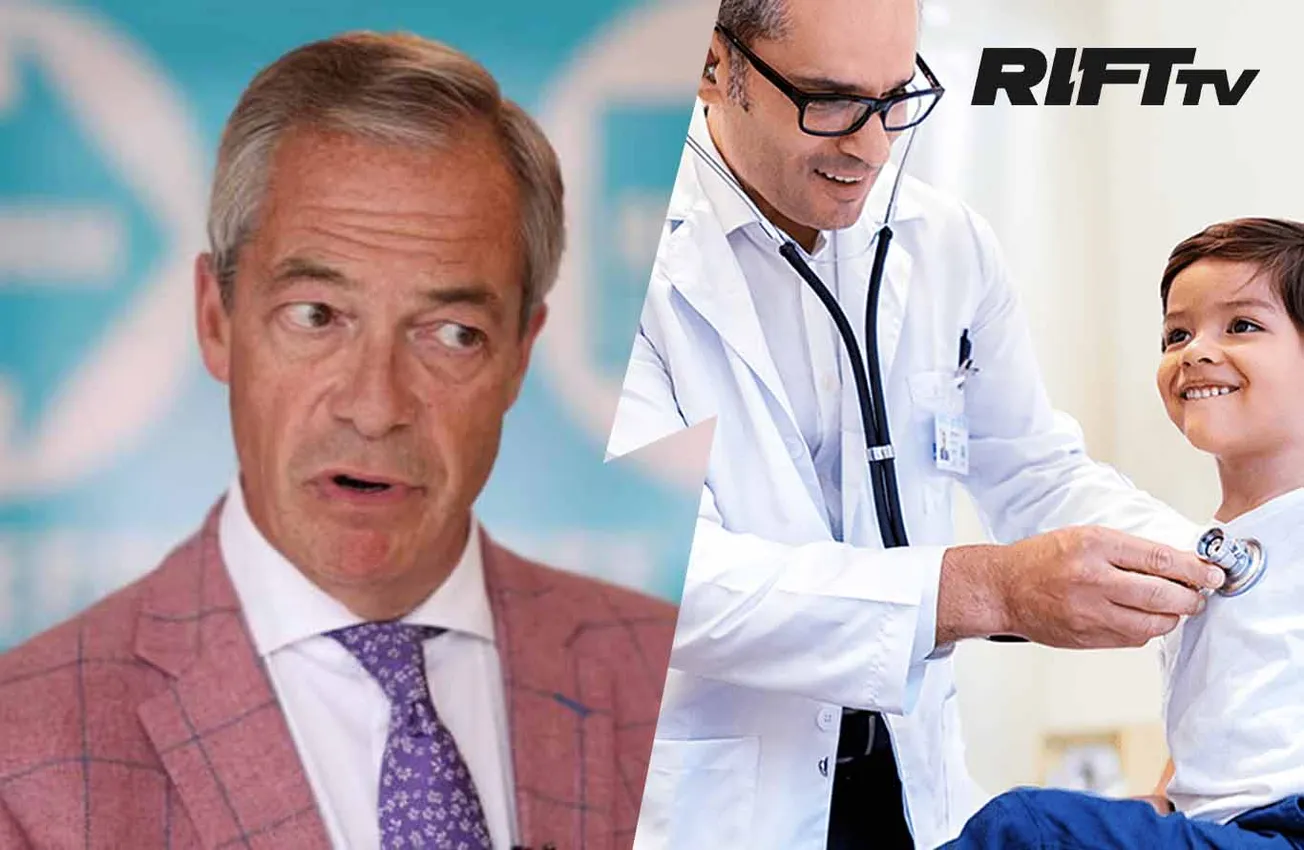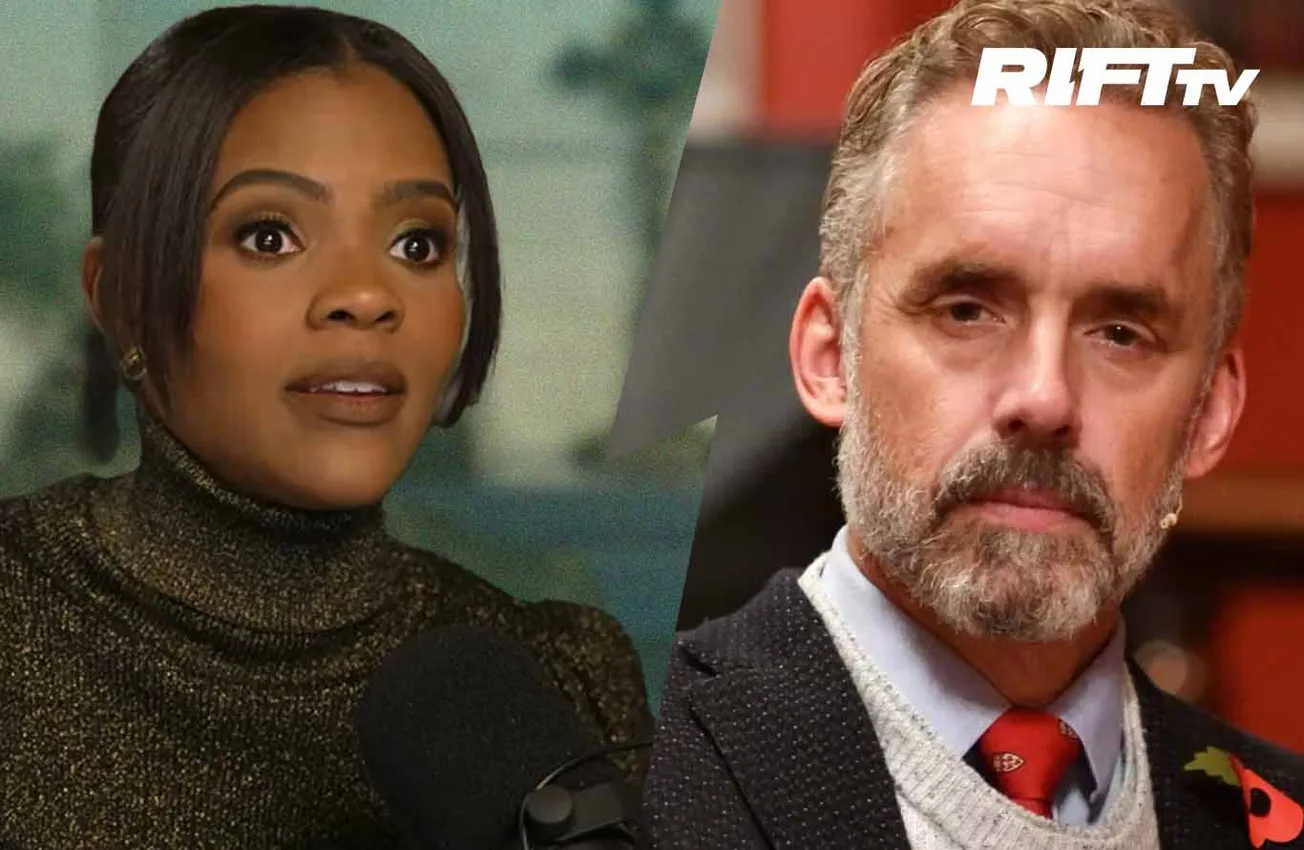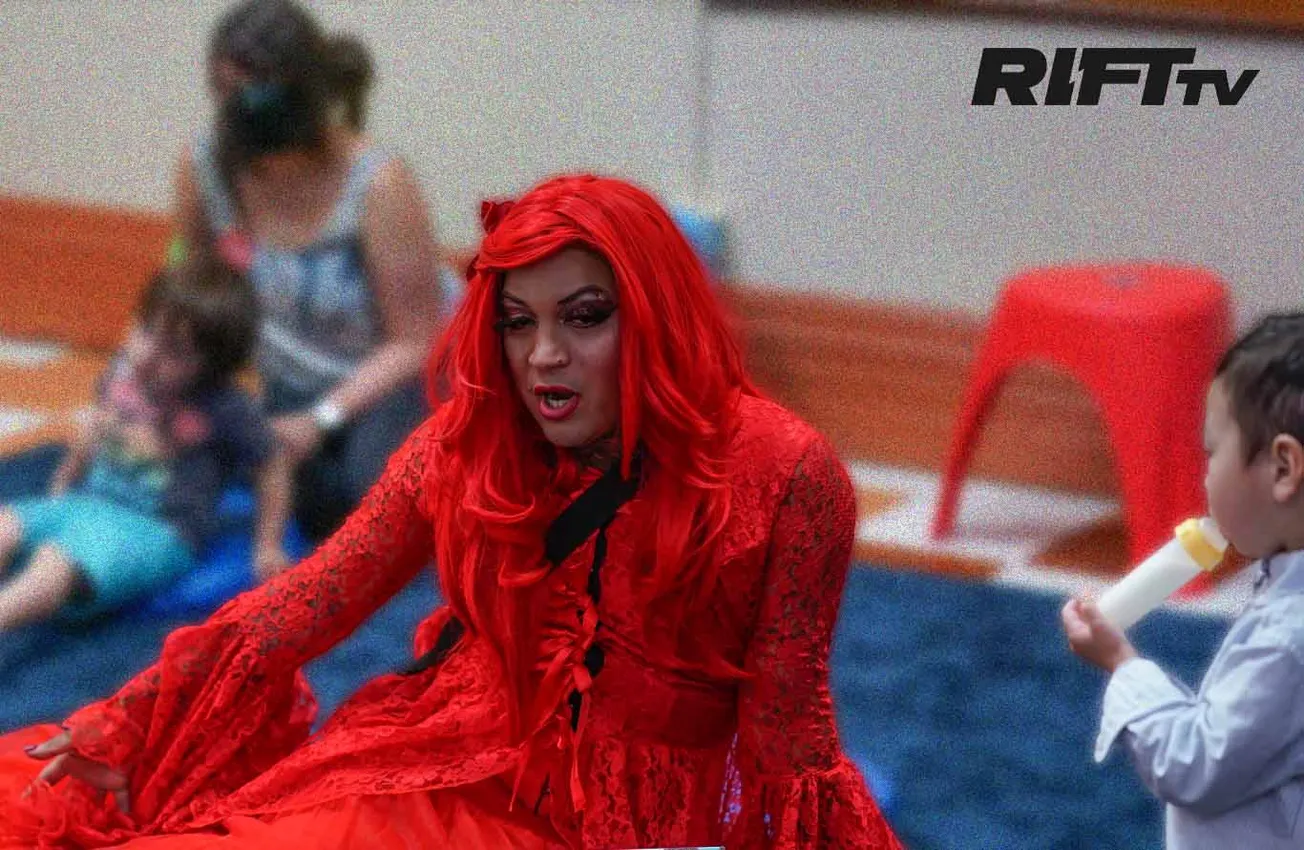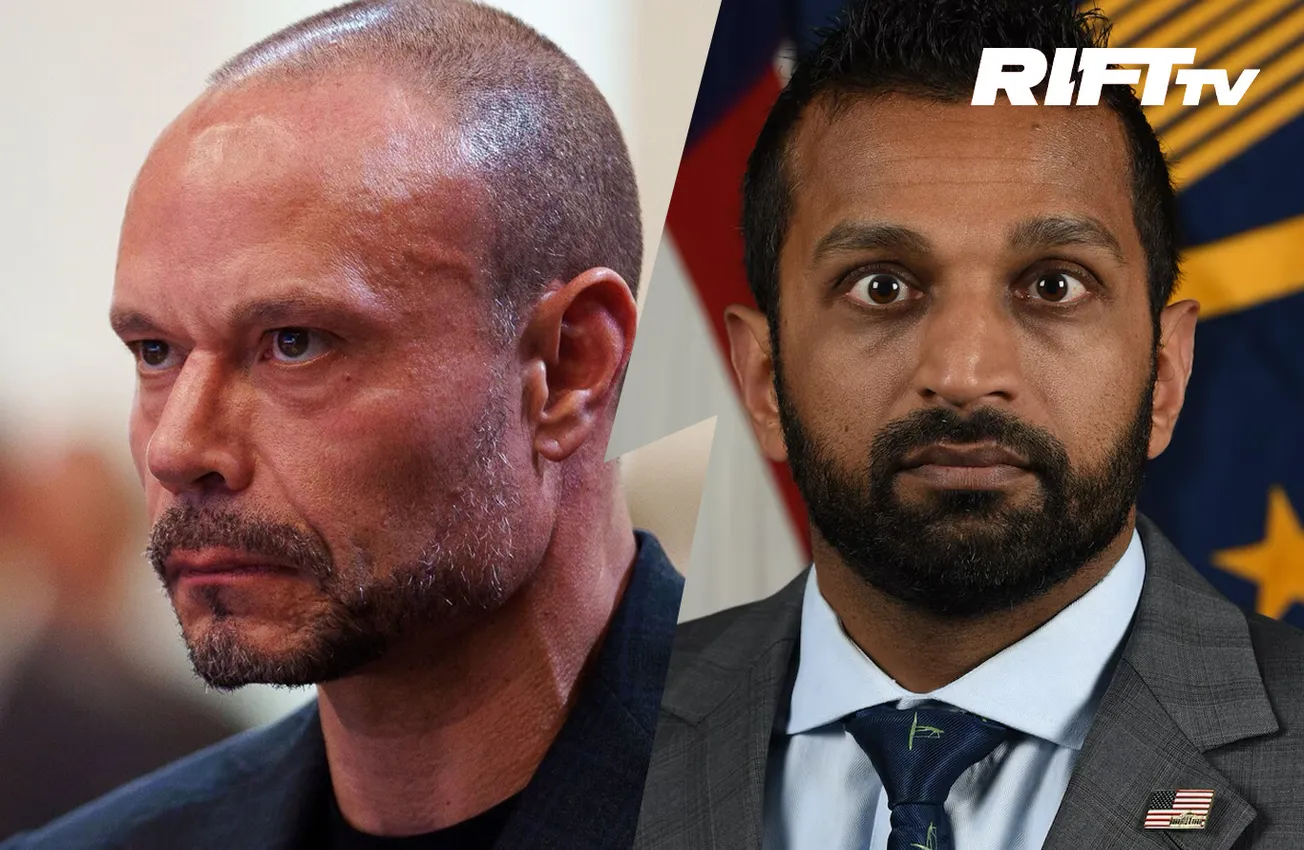LOS ANGELES. Val Kilmer departed on April 1, 2025 at 65, succumbing to pneumonia after a decade-long battle with throat cancer. It’s a difficult loss, but what a run he has had.
From the cocky flyboy in “Top Gun” to the brooding Dark Knight in “Batman Forever,” Kilmer had a career worth celebrating.
His films grossed more than $3.7 billion worldwide, and he did so with a combination of charm, intensity and an appetite for risk-taking that made him one of a kind.
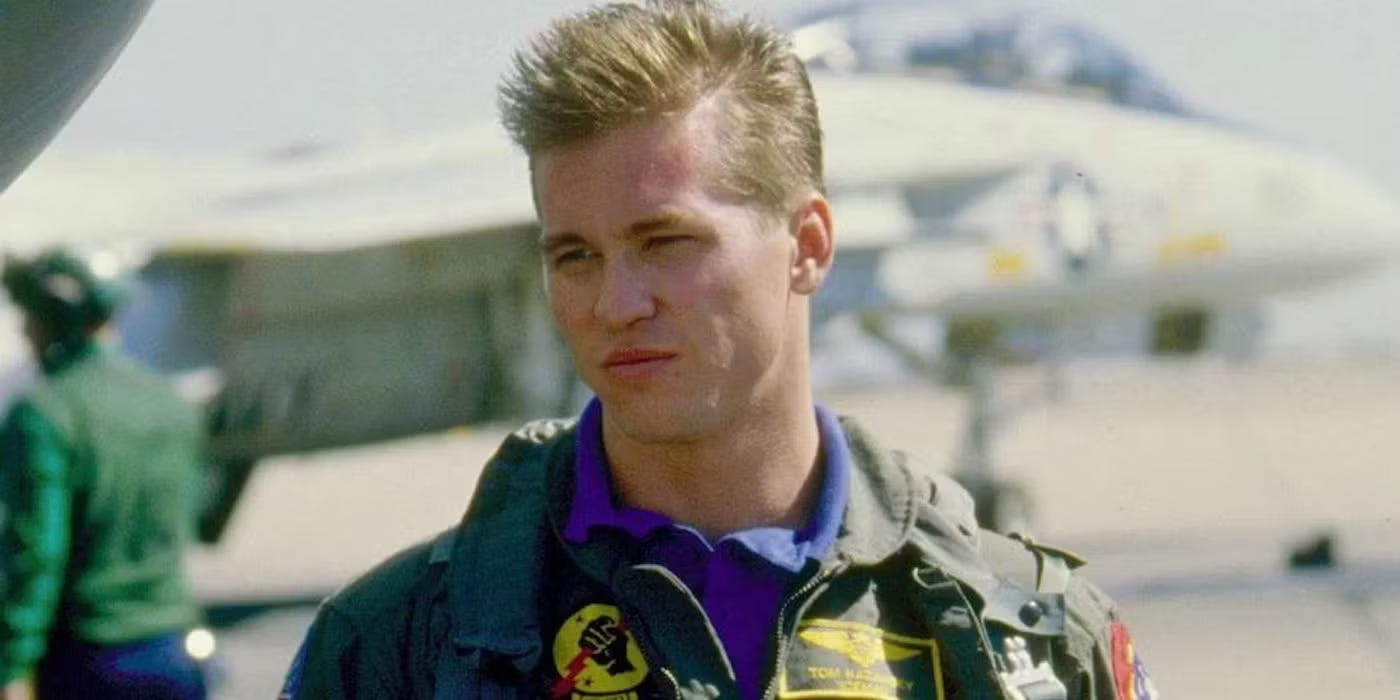
Kilmer, who was born Dec. 31, 1959, in Los Angeles, was a natural from the jump. He studied at Juilliard’s drama program, one of the youngest ever accepted, and got to work. His breakout role was as Iceman in 1986’s “Top Gun,” where he traded barbs with Tom Cruise and stole scenes with that cool-as-ice grin.
It’s still a classic, and Kilmer nailed it. Then there is 1991’s “The Doors,” a film in which he didn’t merely play Jim Morrison but became him. He memorized 50 songs, copied every growl and sway, and left the critics slack-jawed. Oliver Stone described it as a possession, not a performance. That’s the type of devotion Kilmer exhibited.
He kept the hits coming. His Doc Holliday in “Tombstone” in 1993 was a tubercular gunslinger with a drawl and a death wish. “I’m your huckleberry,” he’d say, and you believed him.
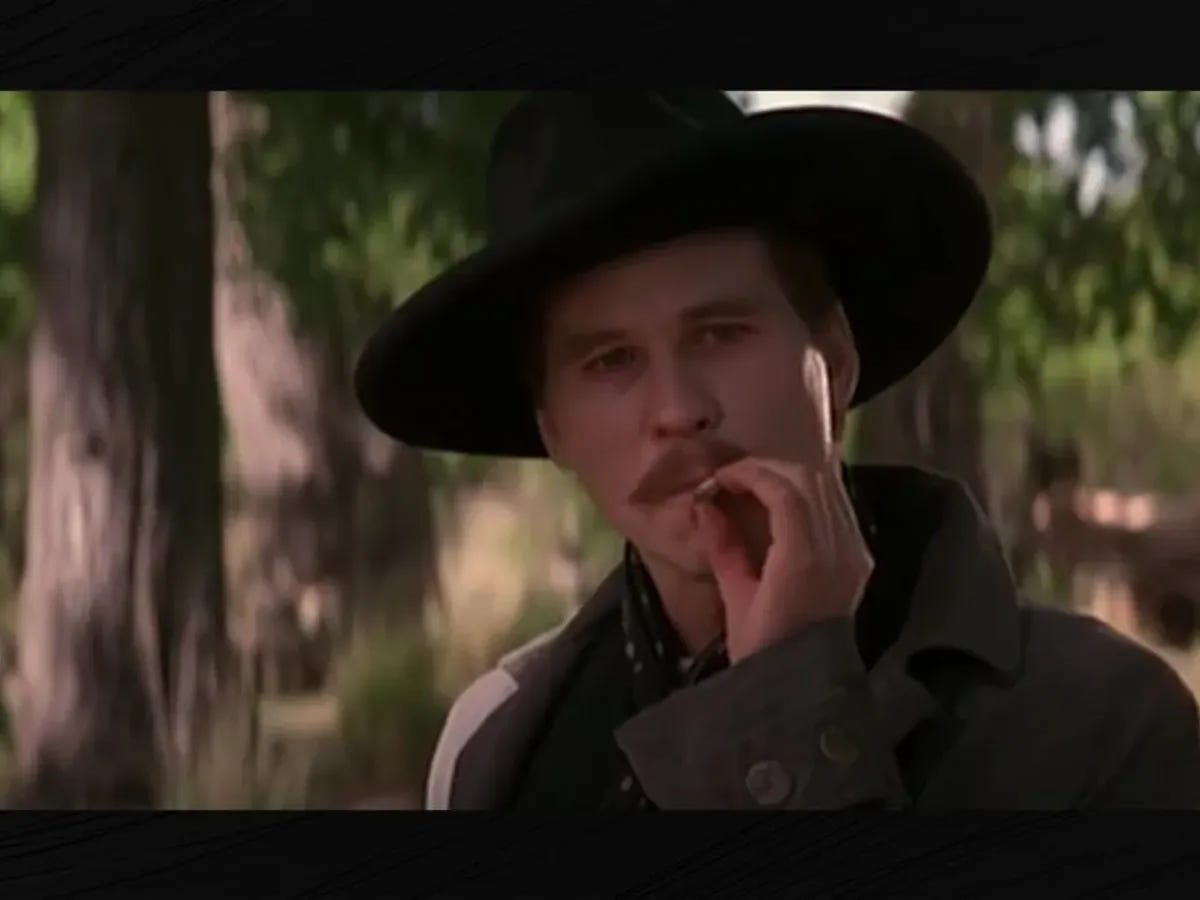
Then came “Batman Forever” in 1995, when he donned the cowl, bringing a secret heart to Bruce Wayne that shone against the neon mayhem.
Yes, he had flops, too, including “The Island of Dr. Moreau,” but even then his mad energy made it through. The guy could do comedy, drama, action, whatever, and he made it seem effortless.
Then came cancer, in 2014, and it was ugly. It was throat cancer, which brought surgery, chemo, radiation and a tracheostomy that wrecked his voice. He transformed from a leading man into a man who had to plug a hole in his throat to speak.
Yet he didn’t quit. His Christian roots had him relying on prayer, but his children, Mercedes and Jack, pushed him toward treatment. He was in remission by 2020, but the damage remained.
His 2021 documentary “Val” laid his ordeal bare: a feeding tube, a voice box, a life reimagined. Still, he continued to work, painting and sculpting when acting became difficult.

Then there was “Top Gun: Maverick” in 2022. Cruise wouldn’t make the film without him, and Kilmer came back as Iceman, cancer worked into the script. AI reconstructed his voice, and that reunion scene? Pure heart.
The movie crushed, making $1.5 billion, and Kilmer got his flowers while he could still hear the standing O. His last social media post was of a painting he had created. The caption said: “It’s got that late-night glow.
Cool tones with a low burn, like when the camp fire cools down but you’re still wide awake.” He was still creating even at the end.
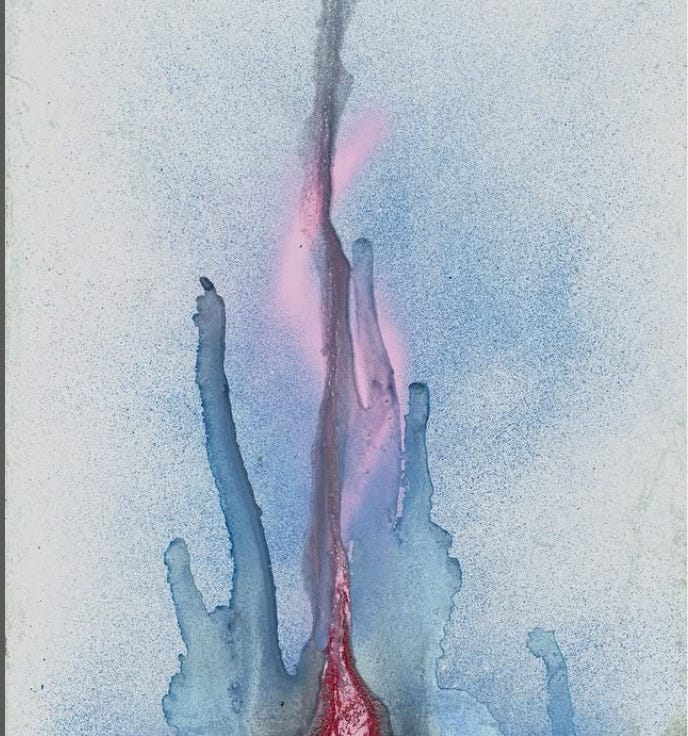
Kilmer’s life wasn’t just about the screen. He raised Mercedes and Jack with ex-wife Joanne Whalley, and they were his rock. He poured himself into art, sharing it with fans online, staying connected. Tributes poured in after his death. Josh Brolin called him a “wild soul,” Michael Mann praised his “fearless talent.” They’re right. He faced pneumonia, a killer for someone with his history, and went out on his terms.
Val Kilmer wasn’t an ideal, but he was real. He rolled the dice, lived large and carved a path. From “Real Genius” to “Heat” he provided us with unforgettable characters. His voice might have been silenced, but his legacy will not. Here’s to a man who soared, fought hard and owned every role. Rest easy, Iceman.
Please leave your opinions / comments on these stories below, we appreciate your perspective!


